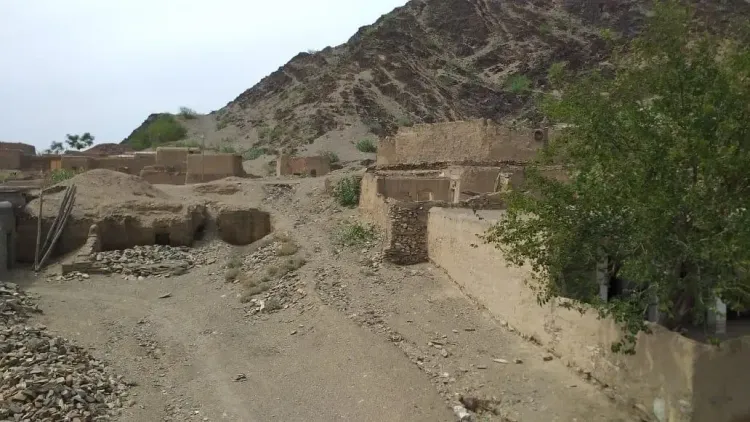Why is the Torkham border still closed amid Afghanistan-Pakistan tensions?

Synopsis
Key Takeaways
- The Torkham border has been closed for seven days due to escalating tensions.
- Local markets in Landi Kotal are experiencing significant drops in sales.
- The closure has led to rising prices for essential goods, particularly fruits.
- Transport services are severely impacted, with perishable items spoiling.
- A ceasefire has been agreed upon by both nations, with ongoing negotiations for peace.
Islamabad, Oct 19 (NationPress) Amid escalating tensions between Pakistan and Afghanistan, the Torkham border has remained closed for the seventh consecutive day, according to local media reports.
The continued closure of this vital crossing has resulted in a nearly 50% decline in the sales of essential commodities, including food items, within the Landi Kotal Bazaar, as noted by Dawn.
Shopkeepers in Landi Kotal indicated that their sales are significantly linked to trade with Afghanistan via the Torkham border. Awais Khan, a grocery store owner, remarked that his sales have plummeted by half, as many locals rely on cross-border trade for their livelihoods.
Fruit vendors expressed that imports of grapes and pomegranates from Afghanistan have virtually disappeared from the local market, with no new shipments arriving due to the prolonged closure. They reported that the cost of grapes has surged to over 500 Pakistani Rupees (PKR) per kilogram, while imported varieties have reached up to 600 PKR.
The local taxi services have also suffered due to the border's closure, with many trucks carrying perishable goods returning to Peshawar after waiting for five to six days at the border, resulting in spoilage.
In a recent development, Afghanistan and Pakistan have agreed to an immediate ceasefire following a week of intense conflict that caused numerous casualties and injuries, as reported by Qatar's Foreign Ministry.
The Qatari statement indicated that both nations have committed to establishing mechanisms for lasting peace and stability, with further discussions planned to support the ceasefire's durability.
Delegations from both countries have been negotiating in Doha, with mediation from Qatar and Turkey.
The conflict escalated following Pakistan's airstrikes on Kabul last week, with both sides accusing one another of aggression. Pakistan has consistently claimed that militant groups are launching attacks from Afghan territory, a charge that Afghanistan has categorically denied.
Earlier reports indicated that three Afghan cricketers lost their lives in a Pakistani airstrike in Paktika province.










